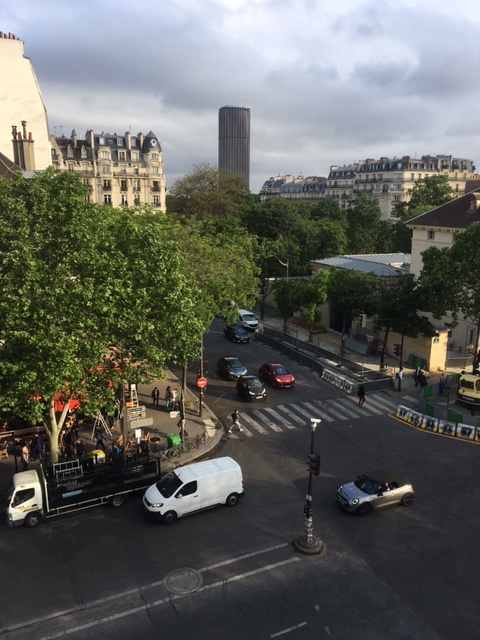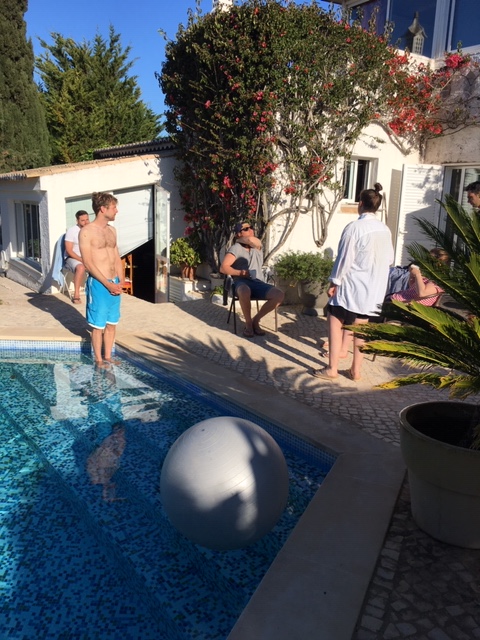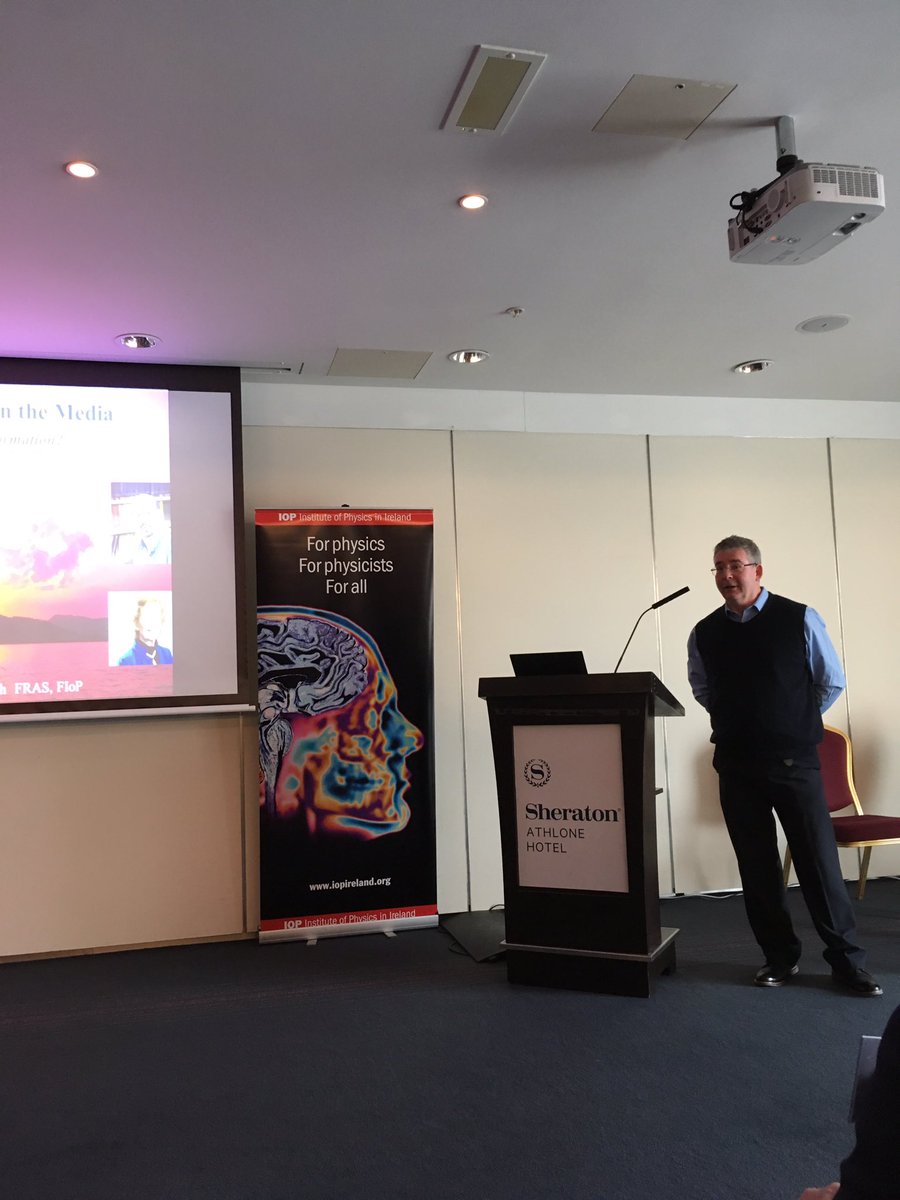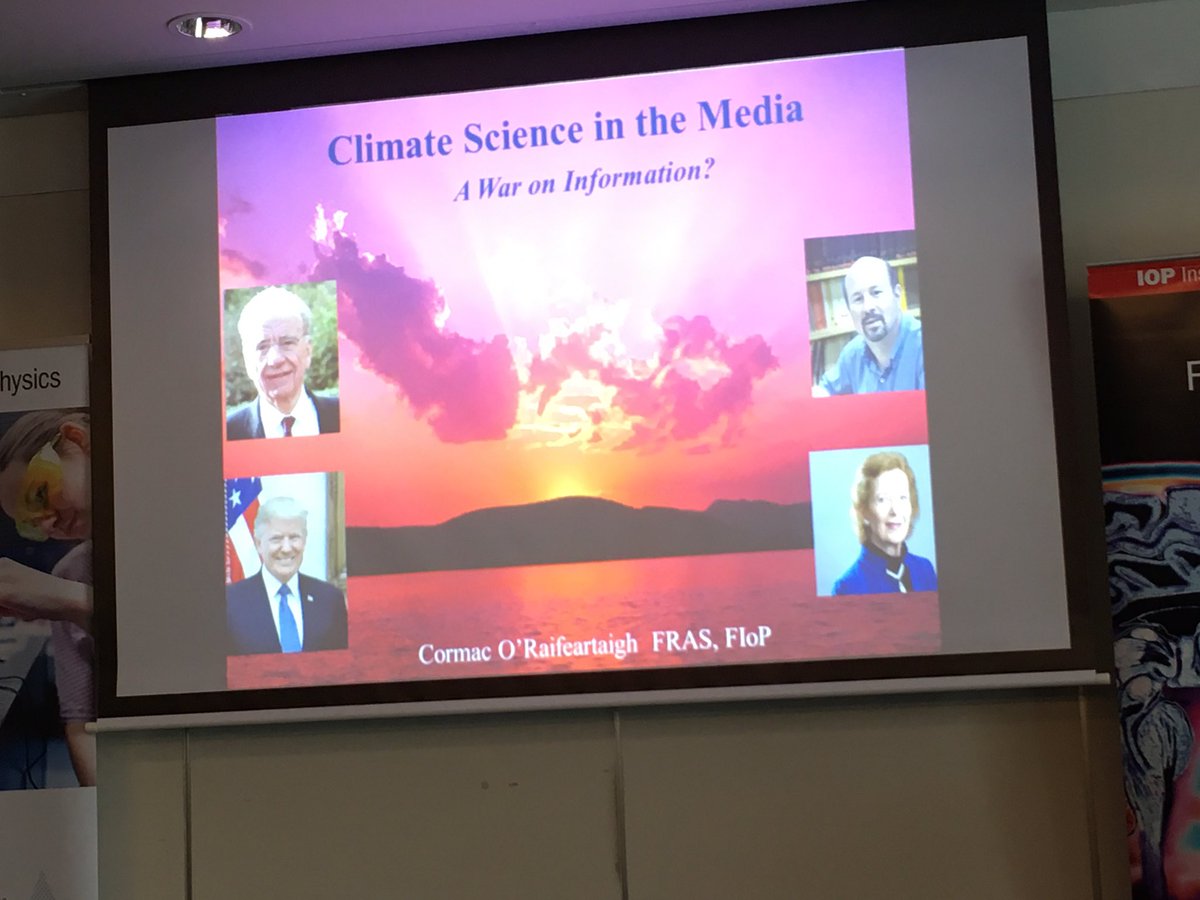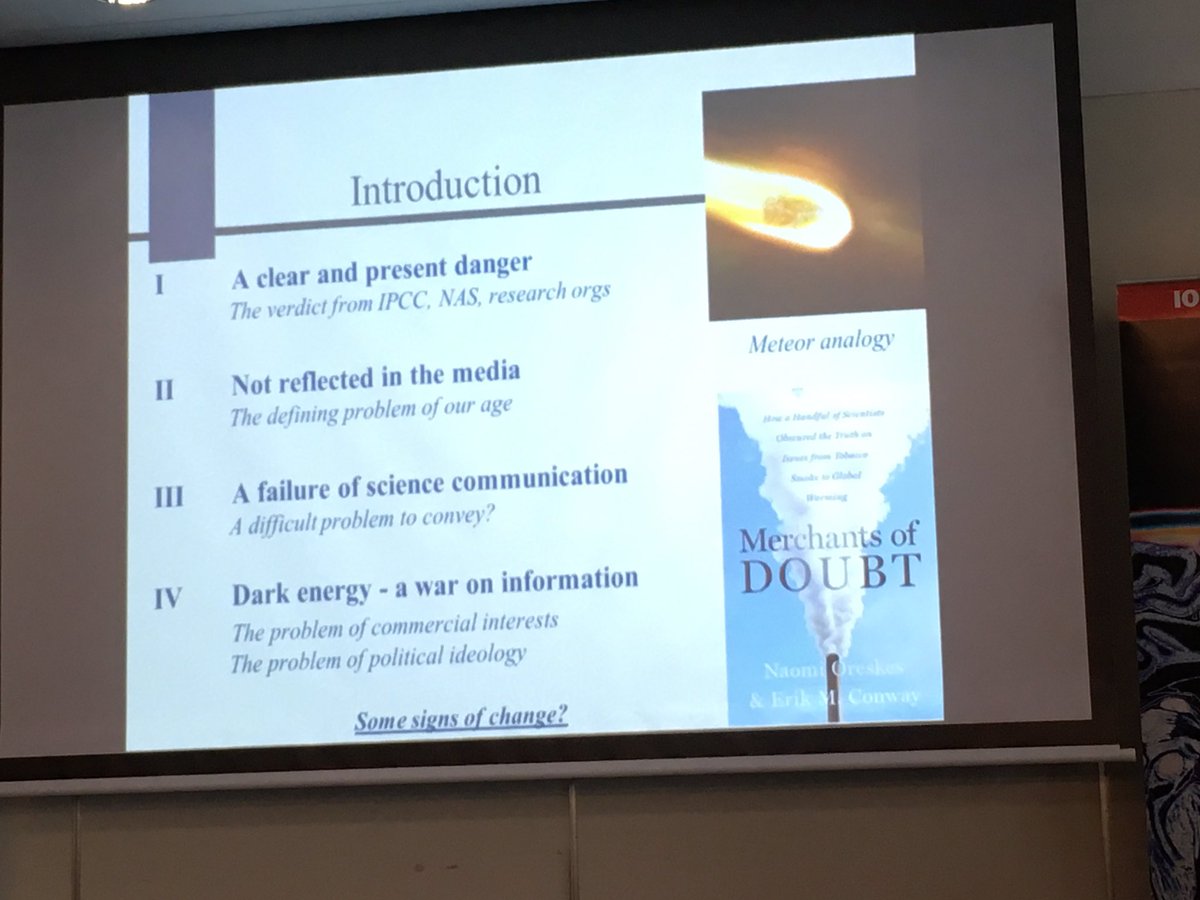This article of mine appeared in The Irish Times last week. I reprint it here for convenience.
‘What’s your take on Greta Thunberg and her school strike?’, a colleague asked me over lunch a few days ago. ‘Wouldn’t she and her followers be better off staying in school’?
Like most people who have been writing about the problem of climate change for some years, I have nothing but admiration for Greta Thunberg. It’s hard to believe that it is only a year since the diminutive Swede took to absenting herself from school on Friday afternoons in order to sit on the steps of the Swedish parliament, accompanied only by a handwritten placard demanding governmental action on climate change.
‘But does she really have science on her side?, asked my lunch companion. ‘Or is she some sort of alarmist?’
There is little question that Thunberg has science on her side. Indeed, her demand is not that anyone should listen to her but that they should listen to the climate scientists. It is telling that she began her recent address to the United Nations (an intimidating undertaking for any 16 year-old) by stating that she should not be there. Instead of submitting a written script to accompany her speech, she submitted a chapter of the most recent IPCC report.
‘But how did her solitary protest become such a big movement?’, my colleague asks. ‘It’s obvious that the movement has been hijacked by the usual collection of eco-loons, anachists and what have you. Who’s paying for all this?’
The growth of Greta’s solitary school strike into a worldwide movement is certainly astonishing. Last month, more than a million schoolchildren worldwide marched in protest. However, there is no evidence the movement has been hijacked or financed by anybody. It seems that a great many of Greta’s contemporaries worldwide have grasped her simple point – the chasm between what they learn in school about the effect of greenhouse gases on global climate and the fact that emissions continue to rise year on year.
‘But the emissions of countries like Ireland and Sweden are negligible in comparison with countries like China. It makes no sense for us to suffer cutbacks while they continue to emit.’
We will never make progress if each nation waits for the other to act. Also, it’s not a given that moving from fossil fuels to renewable energy leads to economic hardship. As it happens, China is now making huge investments in renewable energy.
‘I’ll bet many of those kids get a lift to school everyday in Daddy’s SUV. And if they’re anything like my lot, they probably have 2 showers a day.’
This is quite possibly true. However, you have to live in the world while trying to change it. While individual actions are important, actions at governmental level are vital. For example, we didn’t address the problem of the hole in the ozone layer by using less deodorant – instead we changed the product.
‘ Why can’t they have their marches when school is out?’
One reason is that it wouldn’t be a strike! Presumably, it would be much easier for the students (and their parents) to march on Saturdays, but it would also be much less disruptive. After all, a postman can refuse to deliver post, and a pilot can refuse to refuse a plane. If schoolchildren want to rause awareness of an issue, they have only one weapon available to them.
‘Don’t talk to me of airplanes – the next time I fly, I can expect delays because some lunatic has glued himself to the roof. By the way, I take it you still fly to conferences?’
I attend very few conferences these days and never in the US – but that’s partly due to a lack of funding for fundamental research. In any case, it’s not the schoolkids who have been targeting aviation – that’s Extinction Rebellion.
‘Ah yes, those guys are determined to make life inconvenient. Ivan Yates compared them to the Taliban the other day’ .
Not a great comparison as Extinction Rebellion is a peaceful protest movement, not a terrorist organization that murders civilians. What XR have in common with the school strikers is a concern for the future. According to the scientists, there is no guarantee that global warming will continue at the current gradual pace. Instead, it is very possible that positive feedbacks will cause the warming to accelerate, rendering some nations uninhabitable due to persistent drought and other nations uninhabitable due to rising sea level. Now that would be inconvenient…
Dr Cormac O’Raifeartaigh lectures in physics at Waterford Institute of Technology and is a Visiting Associate Professor at the School of Physics at UCD. He blogs at www.antimatter.ie






